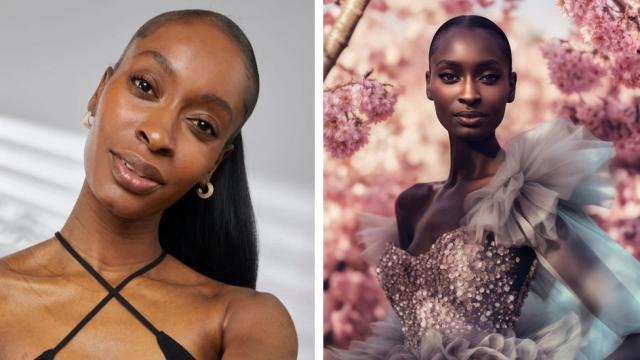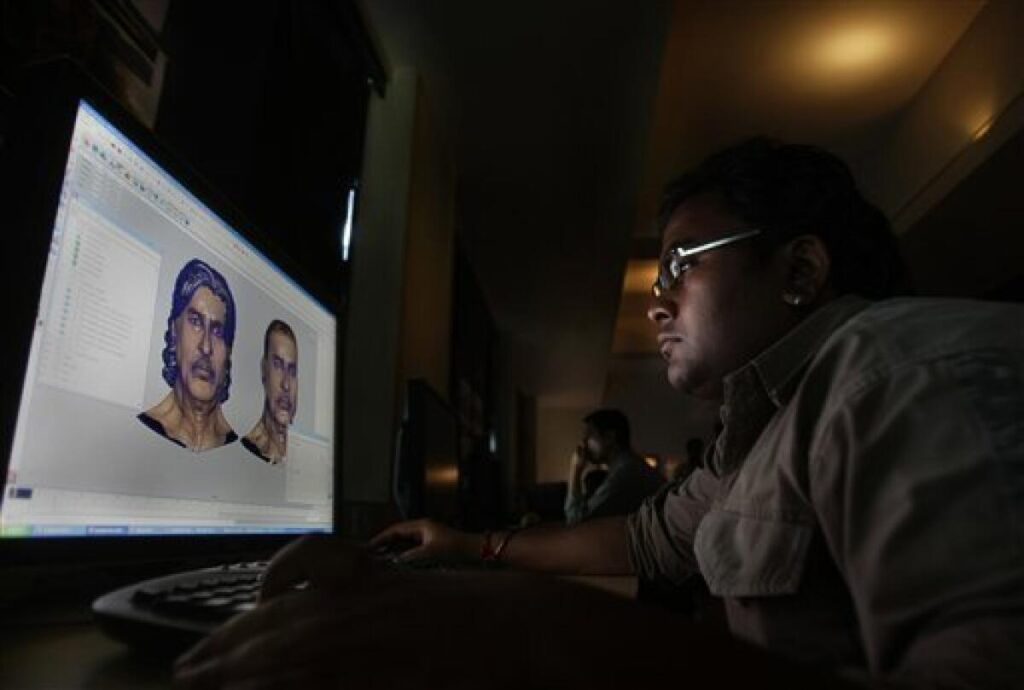Being a model was never Alexsandrah’s true aspiration.

Table of Contents
Discovered at the age of 13 and later scouted again as a young adult, Alexsandrah initially declined two modeling opportunities before deciding to take the plunge. Now fully immersed in the industry, the London-based model is venturing into a new realm by creating a virtual, AI-generated version of herself, aiming to secure her future in modeling.
According to Alexsandrah, having an AI version provides a sense of security, allowing her to benefit fully from the AI-generated model while retaining control over any proceeds. This innovative approach eliminates the need for extensive travel and other logistical challenges, offering flexibility for individuals to lead dual lives simultaneously.
Positioned as one of the pioneers introducing a virtual version to clients, Alexsandrah’s move aligns with a fashion industry increasingly attentive to the growth of AI. A survey by management consultancy McKinsey reveals that nearly three-quarters of fashion executives consider AI a priority for their companies in 2024, with over a quarter already implementing it in creative design and development.
Behind Alexsandrah’s virtual twin is Cameron Wilson, the founder and CEO of The Diigitals, an AI and 3D modeling agency. The company gained global recognition with the 2017 launch of Shudu, touted as the world’s first digital supermodel. Shudu, a virtual influencer, boasts a substantial Instagram following and has featured in campaigns for Balenciaga, Lexus, and Balmain, although not without controversy.
Learnings from the ethical considerations surrounding Shudu have shaped Wilson’s approach with Alexsandrah. She receives compensation for the use of her image in campaigns featuring her AI twin. The goal is to demonstrate that AI and real models can coexist, promoting fair AI use rather than fostering concerns about job displacement.
British Fashion Model
Industry groups, representing professionals such as models, makeup artists, and hairstylists, advocate for strengthened rights. Equity, representing fashion models in the UK, urges members not to compromise their rights and emphasizes fair pay and usage conditions. The British Fashion Model Agents Association calls for cautious adaptation to the rise of AI in the industry.
The controversy surrounding AI in fashion escalated when Levi’s announced using AI to generate models of diverse body types and skin tones. The move faced backlash within the modeling community, criticizing it as regressive. However, the demand for virtual models and influencers continues to grow, with major platforms like Meta introducing AI chatbots modeled on celebrities, attracting substantial payments for their likeness.
Cameron Wilson’s latest project involves collaborating with Down’s Syndrome International to create the world’s first virtual influencer with Down’s Syndrome, named Kami. With a focus on ethical considerations, Wilson aims to bring positive awareness to the space, emphasizing the potential positive impact of AI in the industry.


